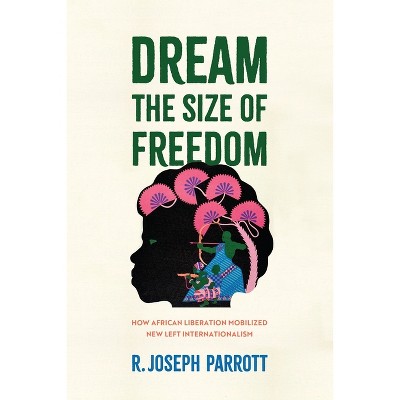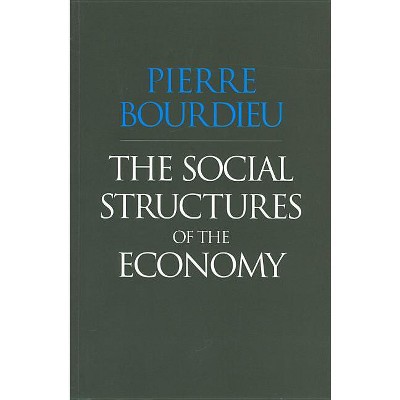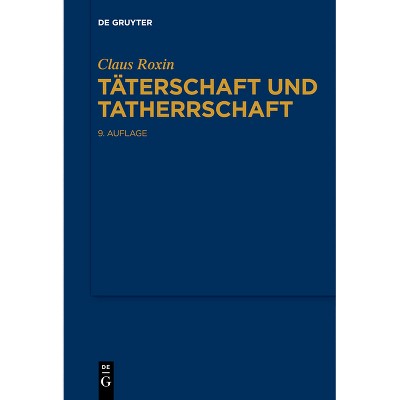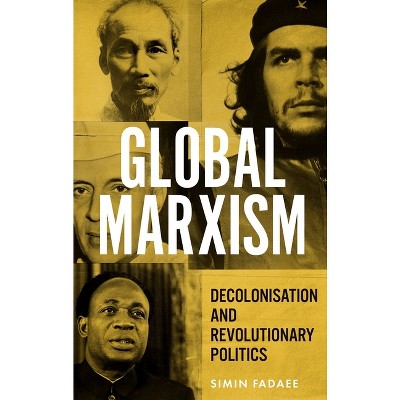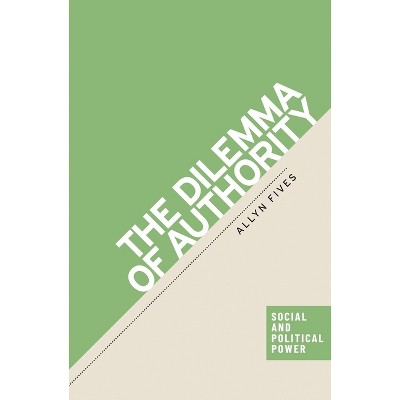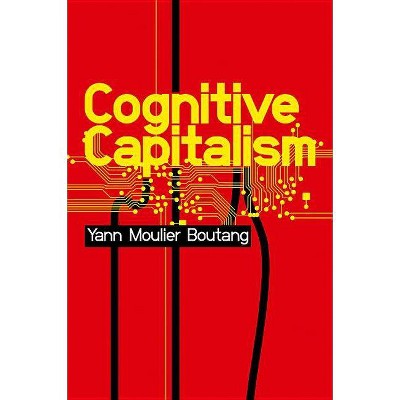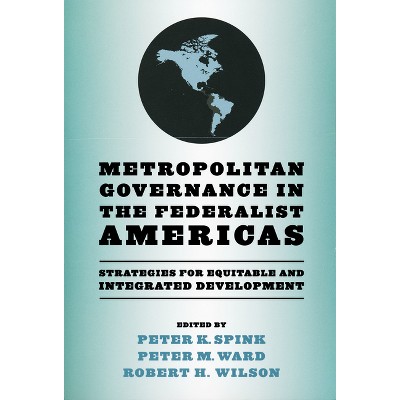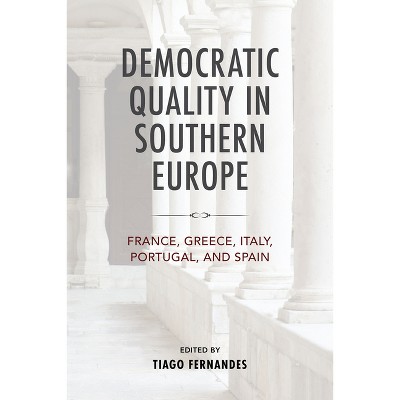Sponsored

The Controversy Over Capitalism - by Andrzej Walicki (Paperback)
In Stock
Sponsored
About this item
Highlights
- This book presents an analysis of classical Russian Populism, shown as an ideological structure within which many positions were possible.
- About the Author: Andrzej Walicki was the O'Neill Professor of History at the University of Notre Dame, is the author of Legal Philosophies of Russian Liberalism, Philosophy and Romantic Nationalism: The Case of Poland, and numerous other books.
- 214 Pages
- Political Science, Political Ideologies
Description
Book Synopsis
This book presents an analysis of classical Russian Populism, shown as an ideological structure within which many positions were possible. Walicki studies the confrontation of Populism and Marxism: changing attitudes toward Marxism in the Populist milieu and the controversy between Populists and Marxists over the future of Russia.
The Controversy over Capitalism, available here in paper for the first time, reinterprets the ideology of Russian Populism. Andrzej Walicki argues that Populism is a reaction to the development of capitalism in Russia and a response to the capitalist economy and socialist ideologies of the West.
Review Quotes
"The rich and important issue of the mutual relationship between Marxist and Populist theories of the socio-economic development of the so-catted 'peripheral countries' has still not been sufficierltly explored. The present study, although dealing only with nineteenth-century Russia, can, I hope, serve as one of the legitimate preliminary approaches to this large and topical treme." -Andrzej Walicki, from the new preface
Walicki draws a number of important conclusions concerning the meaning and significance of Russian populism: the apparent peculiarities of populism correspond, in fact, to those of a developing rural state, such as Russia, peculiarities which are typical of "all the backward countries in the process of modernization"; Populists were the first to postulate the noncapitalist industrial development of a backward agrarian country; in carrying out this historical mission, classical populism "was not only defined, and not merely influenced, but, in a sense, called into being by Marxism"; and populism, in turn, influenced Marx and the reception of Marxism both in Russia and, by extension, in the whole eveloping rural world.--Slavic Review
Walicki's sophisticated and perceptive analysis reveals the structure of Populist patterns of thought and sheds welcome light on the intellectual presuppositions and philosophical implications of such basic notions as Mikhailovskii's idea of progress or Tkachev's activism. --Marc Raeff, Columbia University
About the Author
Andrzej Walicki was the O'Neill Professor of History at the University of Notre Dame, is the author of Legal Philosophies of Russian Liberalism, Philosophy and Romantic Nationalism: The Case of Poland, and numerous other books.
Shipping details
Return details
Frequently bought together
Trending Non-Fiction





